This Mumbai lawyer inspired a massive beach cleanup
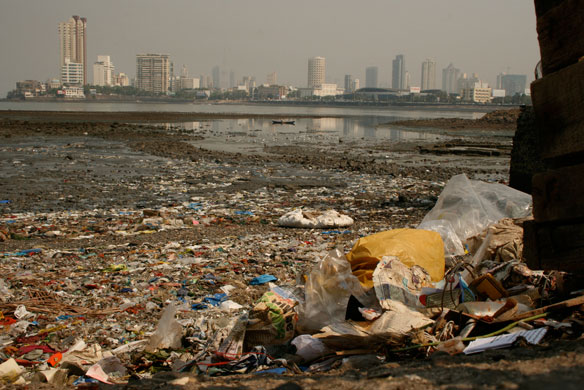
Since Oct. 2015, Afroz Shah, a constitutional lawyer and a full time “ocean lover and a beach cleaner,” has been clearing trash for four hours every weekend in what the United Nations has called the world’s biggest beach clean up ever. His efforts have inspired others.
Dramatic rise in plastic seabed litter around UK
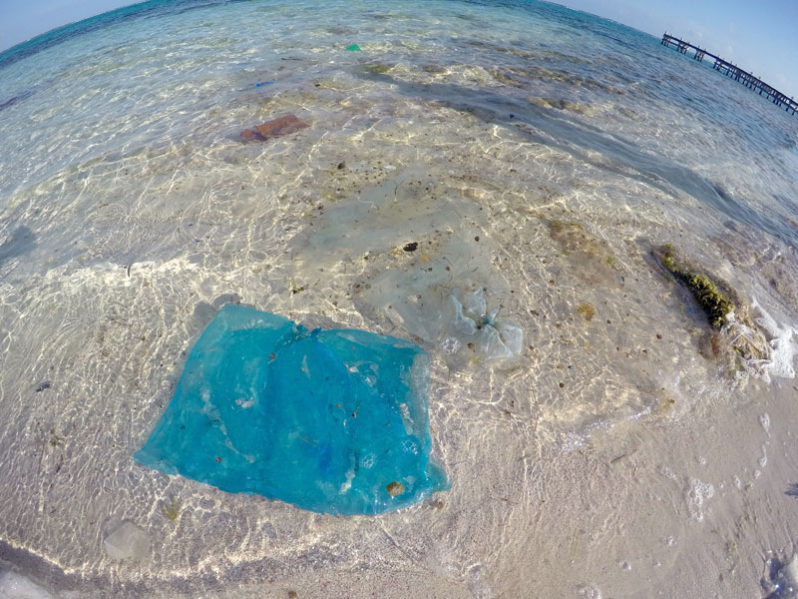
An average of 358 litter items were found per square kilometre of seabed in 2016, a 158% rise on the previous year, and 222% higher than the average for 1992-94. Almost 78% of the litter is plastic.
Taste, not appearance, drives corals to eat plastics
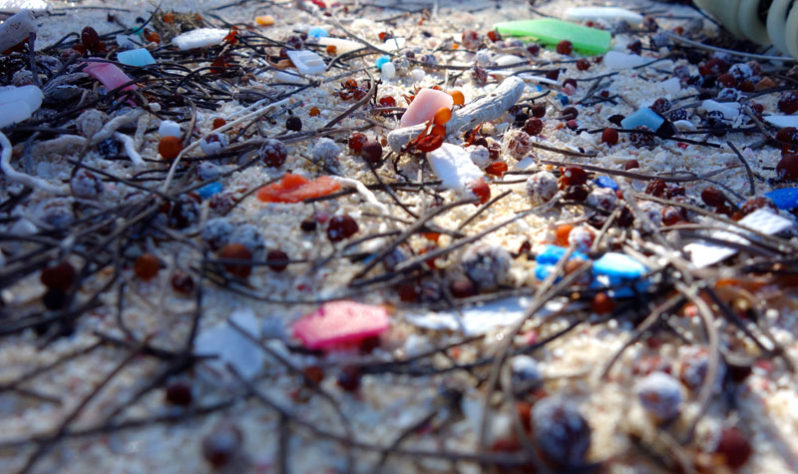
Scientists have long known that marine animals mistakenly eat plastic debris because the tiny bits of floating plastic might look like prey. But a new Duke University study of plastic ingestion by corals suggests there may be an additional reason for the potentially harmful behavior.
Once-pristine Arctic choking on our plastic addiction
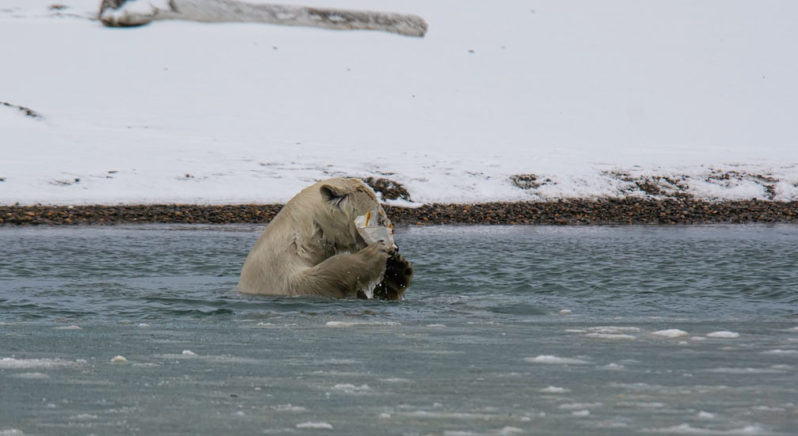
Earlier this year a global team of scientists sounded another alarm, revealing what they called the next major threat to the polar bears’ Arctic habitat: plastic.
Microplastics in the Baltic have not risen for 30 years
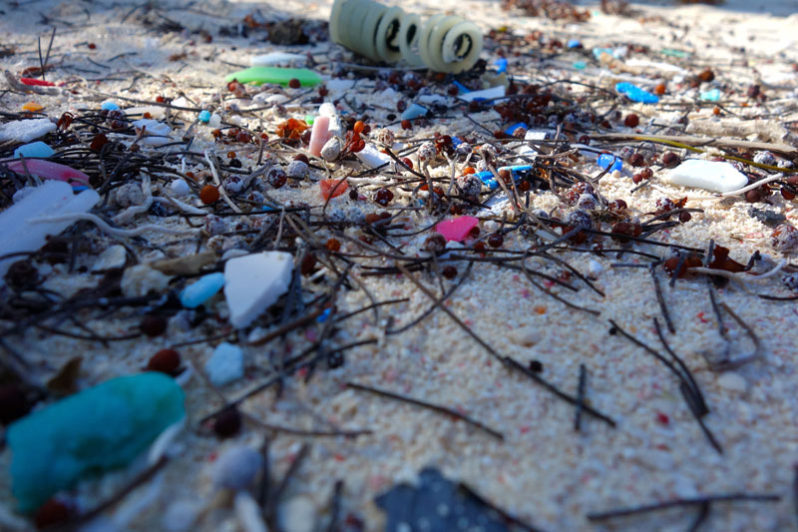
The concentration of microplastics in water and fish from the Baltic Sea has been constant for the past 30 years, despite a substantial increase in plastic production during the same period, report investigators.
Prozac in ocean water a possible threat to sea life
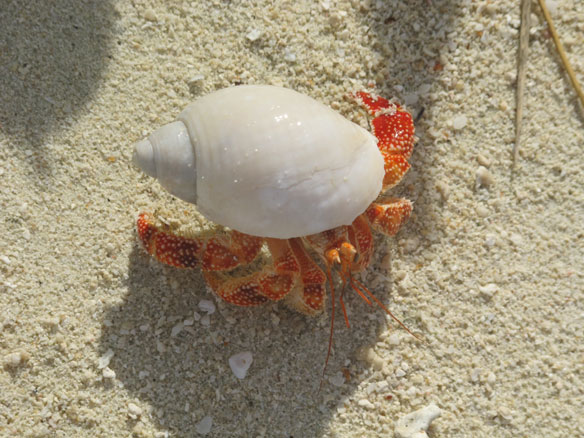
Oregon shore crabs exhibit risky behavior when they’re exposed to the antidepressant Prozac, making it easier for predators to catch them, according to a new study from Portland State University (PSU).
Even modest oil exposure can harm coastal and marine birds
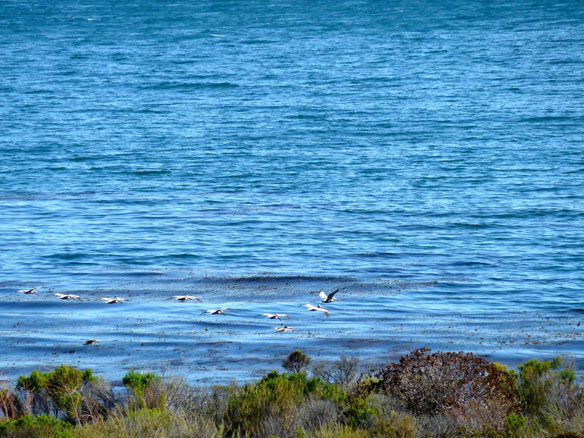
Many birds and other wildlife die following an oil spill, but there are also other potential long-terms effects of oil exposure on animals.
Scientists find new source of radioactivity from Fukushima disaster: in sand and groundwater
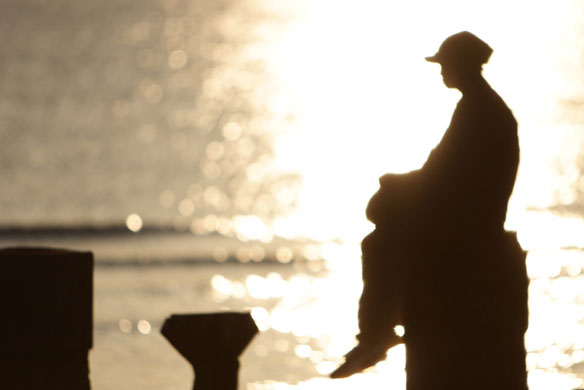
Scientists have found a previously unsuspected place where radioactive material from the Fukushima Dai-ichi nuclear power plant disaster has accumulated—in sands and brackish groundwater beneath beaches up to 60 miles away. The sands took up and retained radioactive cesium originating from the disaster in 2011 and have been slowly releasing it back to the ocean.
Ecological roulette”: Sea creatures hitchhike across Pacific on tsunami debris
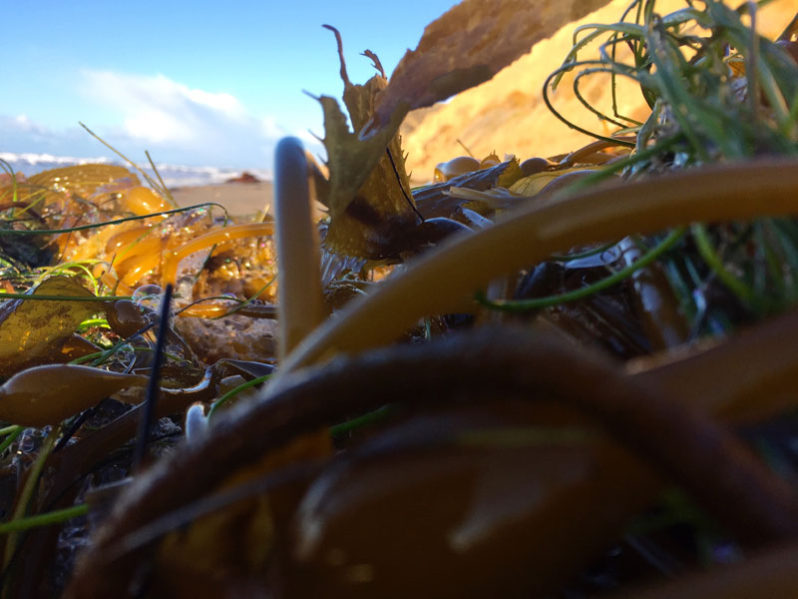
Nearly 300 species of fish, mussels and other sea critters hitchhiked across the Pacific Ocean on debris from the 2011 Japanese tsunami, washing ashore alive in the United States. It is the largest and longest marine migration ever documented.
